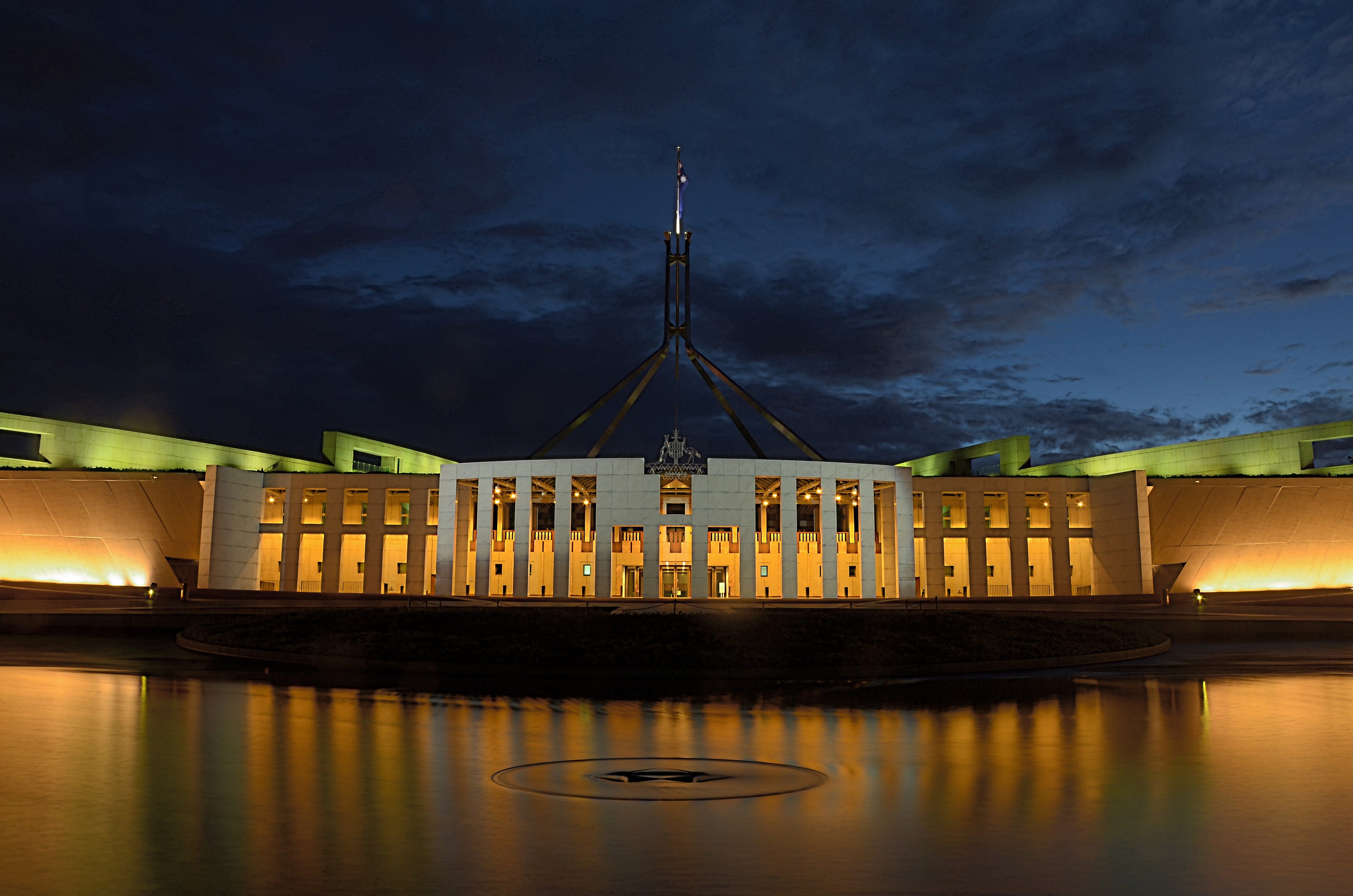THE CANBERRA TIMES: Defence Minister Richard Marles has less than 683 days to get moving
The West Wing episode 365 sees former chief of staff Leo McGarry returning to work after a serious illness to find President Bartlet's administration having neither direction nor momentum for bold, large-scale initiatives.

